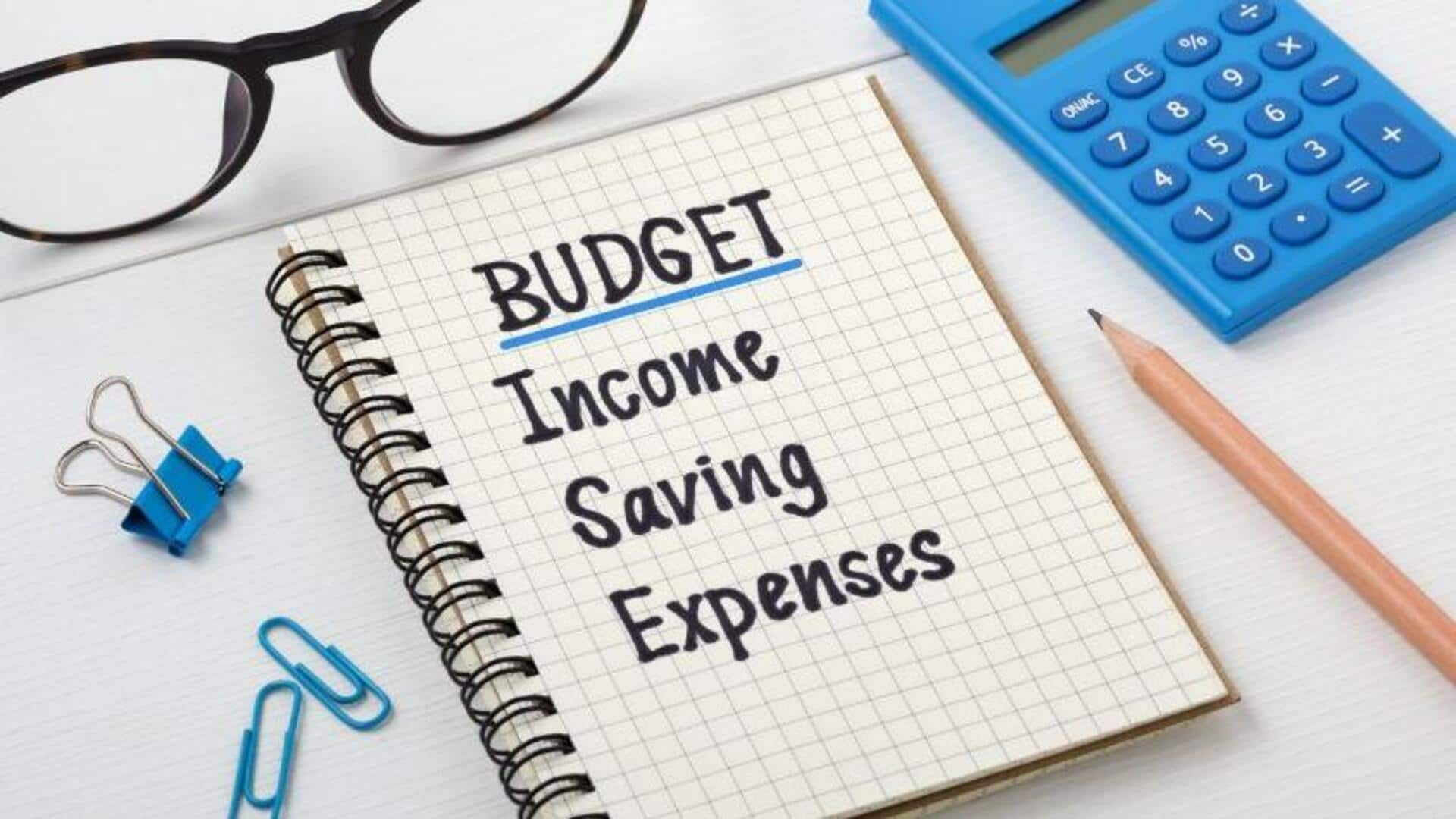
5 weekly budgeting tips that will save you big
What's the story
Budgeting is the key to managing your finances well. While most of us are aware of the traditional methods, some tricks tend to go unnoticed.
However, they can do wonders to boost your savings, reduce unnecessary expenses, and allow you to meet your financial goals in no time.
Here are five weekly budgeting tricks that can help save you big.
Tip #1
Automate savings for consistency
One of the best ways to ensure you save consistently is by automating it.
How? Set up an automatic transfer from your checking account to your savings account every week. This way, you get to save without even thinking about it.
By treating savings like a non-negotiable expense, like rent or utilities, you get into the habit of saving regularly and prevent spending it elsewhere.
Tip #2
Use cash for discretionary spending
Switching to cash for discretionary spending can help you keep those impulsive purchases in check.
Withdraw a fixed amount of cash every week for non-essential expenses such as dining out or entertainment.
Once that's out, avoid using cards until the next week kicks in.
This physical restriction promotes mindful spending and prevents you from overspending on things you don't really need.
Tip #3
Review subscriptions regularly
Subscriptions can silently eat away at your budget if not tracked.
Take time every week to look at all active subscriptions and evaluate their worth in your life.
Cancel services you don't use or need anymore, and consider downgrading plans wherever possible.
By regularly evaluating subscriptions, you can ensure that you're only paying for what really adds value to your life.
Tip #4
Implement no-spend days
Designate one day each week as a no-spend day, where you commit to not spend a single penny at all.
This practice encourages you to get creative with what you already have at home and helps break habitual spending patterns.
Over time, these no-spend days make a big difference in bringing down overall expenses and increasing savings potential.
Tip #5
Track expenses with precision
Keeping track of every expense might sound tedious, but it offers valuable insights into where you're spending over time.
Use apps or spreadsheets to log daily expenditures accurately every week, without fail.
This will highlight areas where adjustments may be needed, while keeping you accountable toward achieving financial goals effectively.
It encourages informed decision-making processes based on real data analysis rather than assumptions alone.